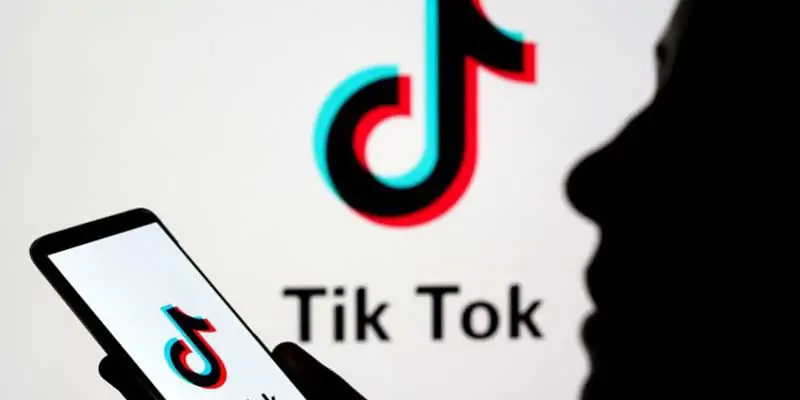
Hong Kong: TikTok said that, It will stop operations in Hong Kong, Linking other social networking firms in warily eyeing effects of a crossing federal security law that took effect last week.
The short-form movie program’s intended departure from Hong Kong comes as various social networking platforms and messaging programs including Facebook, WhatsApp, Telegram, Google and Twitter balk at the potential for providing user information to Hong Kong government.
The Social Networking firms say they’re assessing Implications of the security law, that prohibits what Beijing views as secessionist, subversive or terrorist activities or as overseas intervention in the city’s internal affairs.
Critics see the legislation because Beijing’s boldest step yet to expel the legal split between the former British colony and the mainland’s authoritarian Communist Party system.
Also Read
ONE Championship and Microsoft has announced a strategic partnership.
TikTok explained in a statement it had decided to halt Operations “in light of occasions.”
Hong Kong was convulsed with massive, sometimes violent Anti-government protests for much of this past year as the former British colony inhabitants reacted to suggested extradition laws, since withdrawn, which may have led to some suspects facing trial in western Chinese courts.
The law criminalizes a few pro-democracy slogans like the broadly used “Liberate Hong Kong, revolution of our time,” that the Hong Kong government says comes with separatist connotations.
The anxiety is that it frees the particular liberty of this Semi-autonomous city, which has operated under a “one nation, two systems” frame since China took control in 1997. This arrangement has allowed Hong Kong’s people freedoms not permitted in mainland China, such as unrestricted internet access and general public dissent.
Also Read
Facebook and its messaging app WhatsApp stated in separate Statements Monday that they would freeze the inspection of government asks for consumer information in Hong Kong, “pending further assessment of this National Security Law, including formal individual rights due diligence and consultations with international human rights experts.”
Telegram, whose platform has been used extensively to spread has never shared any data with the Hong Kong Governments in the past and does not mean to process any information requests related to its Hong Kong users before an worldwide consensus is attained in connection with the continuing political changes in the city,” he explained.
Twitter also paused all data and information requests from Hong Kong government after the law went into effect last week, the business said, highlighting that it was “committed to protecting the people using our service along with their liberty of expression.”
Also Read
Google launched a free training programme for small-to-medium sized news publishers.
“Like many public interest organizations, civil society Leaders and entities, and industry peers, we have grave concerns regarding the growing procedure and the entire intention of the legislation,” the company said in an announcement.
Google also said it had “paused generation on any fresh Data requests from Hong Kong authorities.”
Though social programs have to be obstructed in Hong Kong, Users have begun scrubbing their account and deleting pro-democracy articles out of fear of retribution. That retreat has expanded to the roads: Many shops and shops that openly stood in solidarity with protesters have eliminated the pro-democracy tacky notes and art that had adorned their walls.
Under execution principles of Article 43 of the federal Security legislation, which provide the city’s police force sweeping powers in enforcing the laws, platforms, publishers and internet providers could be arranged to take down any digital message published that is “planning to constitute an offence endangering national security or will be likely to trigger the incidence of an offence threatening national security.”
Also Read
Paytm acquires Raheja QBE (Ld) general insurance company and enters in insurance sector
Individuals who post such messages may also be asked to eliminate this message, or face similar fines and a jail term of one year.
Hong Kong government moved quickly to implement the law Later it took effect on June 30, together with police arresting about 370 individuals.
Authorize authorities to intercept communications and conduct surveillance to “stop and detect offences threatening national security”
At “exceptional situation” and search warrants requiring individuals suspected of breaking up the national security legislation to cancel their travel records, preventing them from leaving Hong Kong.
Written notices or restraining orders also may be issued to the house is related to a crime endangering national security.





